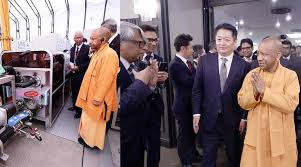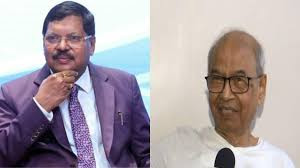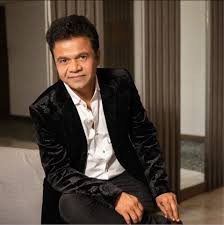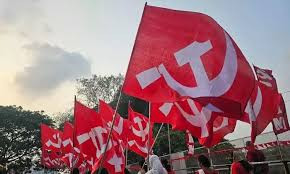Dalai Lama Confirms Reincarnation Plan: Successor to Be Chosen by Trust, Not Beijing
IIE DIGITAL DESK : The announcement made ahead of his 90th birthday, His Holiness the 14th Dalai Lama reaffirmed that the centuries-old institution of the Dalai Lama will continue after his passing—and made clear that Beijing has no place in determining his successor.
Speaking at a religious gathering near Dharamshala on July 2, the Tibetan spiritual leader stated that the authority to recognize his reincarnation rests exclusively with the Gaden Phodrang Trust—an India-based organization he founded in 2015. “No one else has any such authority to interfere in this matter,” he said, adding that senior Tibetan lamas and Dharma protectors will follow traditional methods of identifying his successor .
This clear rebuke of Beijing’s longstanding claim—based on the Qing dynasty’s Golden Urn system and Chinese law—has significant political implications. The Chinese government insists on appointing the next Dalai Lama, but His Holiness emphasized that his successor “will be born outside China” and urged Tibetan followers to reject any Beijing-endorsed candidate .
The announcement directly addresses long-simmering tensions over the legitimacy of future spiritual authority. Analysts warn of the potential emergence of rival Dalai Lamas—one backed by the Chinese state and another by the Tibetan exile community . The current leader’s insistence on following traditional Buddhist succession methods is an effort to ensure both religious continuity and political autonomy.
Tibetan exile community leaders embraced the Dalai Lama’s announcement. Central Tibetan Administration President Penpa Tsering praised the decision, noting the widespread appeals he had received from Tibetans worldwide—inside Tibet, across India, Mongolia, Russia, and more—urging the tradition to continue .
The spiritual leader also revisited a decision made in 2011: that around the age of 90, he would consult with senior lamas and the Tibetan people to decide whether the Dalai Lama’s lineage should continue. His reaffirmation now signals a definitive choice to uphold the centuries‑old tradition .
The announcement comes at a tense geopolitical moment. China has intensified control in Tibet, enforcing the Golden Urn practice for Buddhist leaders and previously selecting its own Panchen Lama in 1995, who disappeared soon afterward .The Dalai Lama’s clear rejection of state interference aims to preempt a similar scenario.
International observers are taking note. Reuters highlights that the Dalai Lama wants the successor born outside Chinese jurisdiction, counterbalancing Beijing’s legal assertion . Meanwhile, the US and India have expressed support for Tibetan autonomy and respect for the trust’s authority.
As His Holiness approaches his 90th birthday on July 6, celebrations will begin in McLeod Ganj and continue through the year. The announcement that the institution will endure has been seen as a positive reassurance by Tibetan followers and international supporters, reinforcing the cultural and spiritual identity of Tibetan Buddhism .
You might also like!


























